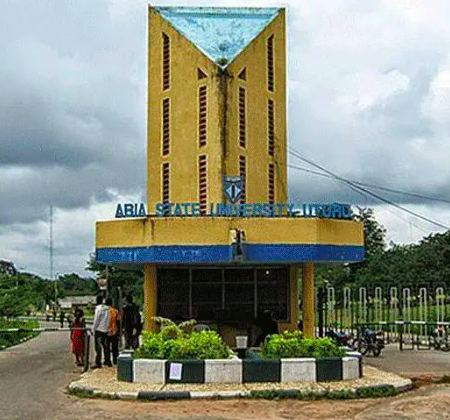The Federal Competition and Consumer Protection Commission (FCCPC) Tribunal has upheld a $220 million fine imposed on Meta Platforms Inc., owner of Facebook, Instagram, and WhatsApp, for discriminatory and unlawful data practices targeting Nigerian users.
The ruling, delivered by a three-member panel led by Thomas Okosun, marks a major legal milestone in Nigeria’s efforts to regulate global tech giants and protect citizens’ data rights.
The tribunal also ordered Meta to pay an additional $35,000 to cover the FCCPC’s investigation costs. This comes after a months-long legal battle where Meta challenged the fine on 22 grounds, including claims that:
It was denied fair hearing
The FCCPC’s directives were vague and technically impossible
The fine lacked legal backing under Nigerian law
However, the tribunal dismissed all claims, asserting that Meta and WhatsApp had multiple opportunities to defend themselves but failed to disprove the Commission’s findings.
“The appellants were given ample opportunity to be heard,” said Justice Okosun. “The tribunal finds no error in the overall orders of the FCCPC. The administrative penalties were lawfully imposed.”
The FCCPC had slammed the fine on Meta in July 2024 following a comprehensive investigation that uncovered:
Unauthorized cross-border data transfers
Discriminatory treatment of Nigerian users
Abuse of dominance through bundling of services
Denial of Nigerian users’ right to data self-determination
The Commission found that Meta’s conduct breached Nigeria’s constitutional right to privacy and violated the FCCPC Act.
Meta’s legal team, led by Professor Gbolahan Elias (SAN), argued that Nigerians had alternative platforms such as TikTok and Google Meet, therefore, no abuse of dominance existed. They also argued that the Commission relied too heavily on international standards not applicable in Nigeria.
But Babatunde Irukera (SAN), former executive vice chairman of FCCPC, countered that while foreign rulings aren’t binding, they are persuasive. He defended the fine as corrective—not punitive—and necessary to protect Nigerian digital consumers.
In addition to upholding the fine, the tribunal issued strict compliance directives. Meta is required to:
Revert to its 2016 data-sharing policy immediately
Submit a new proposed data policy to the FCCPC and Nigeria Data Protection Commission (NDPC) within 10 days
Publish the new policy publicly for transparency
Stop linking WhatsApp user data to Facebook or third-party platforms without explicit consent
Submit a formal compliance report by July 1, 2025
This ruling adds to Meta’s mounting regulatory challenges. In 2023, the company was fined €1.2 billion by the European Data Protection Board for violating EU privacy laws, the largest GDPR penalty ever imposed.
The Nigerian ruling could now serve as a model for other African countries aiming to hold big tech accountable for data exploitation and user rights violations.









No Comment! Be the first one.